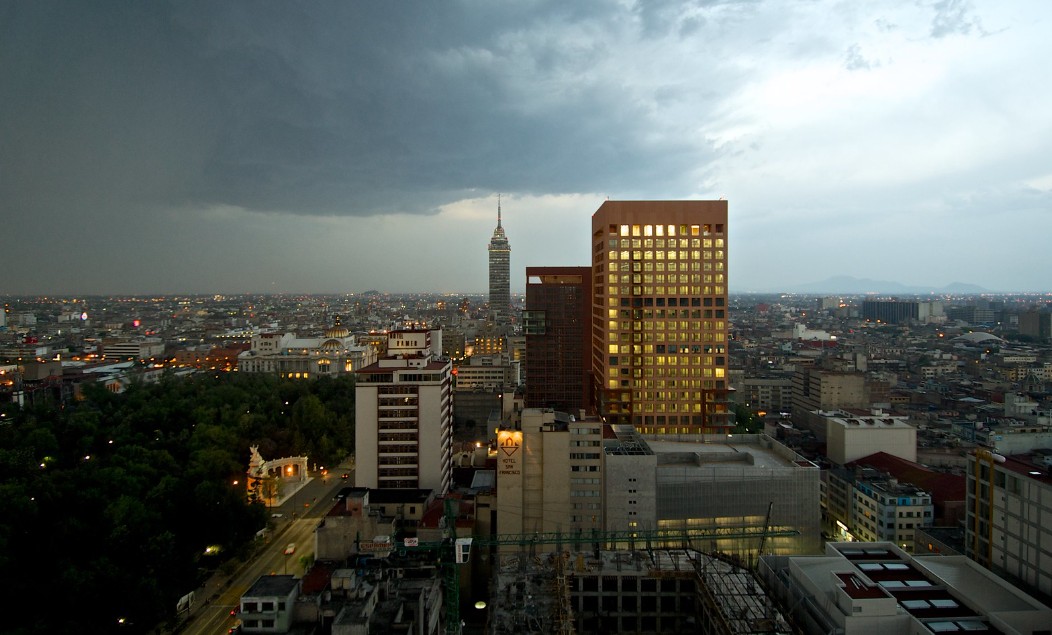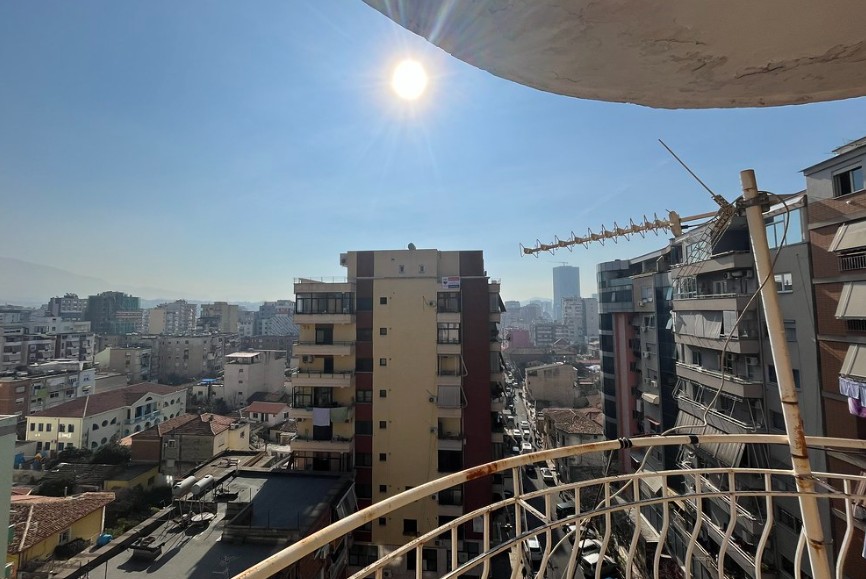Let’s be honest. One thousand dollars a month barely gets you by in most cities in the United States. But could that same amount actually go far enough to support a simple and peaceful life somewhere else in the world?
I wanted to find out, so I dug deep into where people are living well on a modest budget, how they make it work, and what the real risks are. Here is what I discovered and what you should know if you are considering a thousand-dollar monthly lifestyle overseas.
Contents
The Reality: It Works Until Life Happens
On paper, it is possible. You can find rent under four hundred dollars, eat local food, and get by without many luxuries. But this only works if everything goes right. And life rarely works that way.
One unexpected health issue, a broken lease, a family emergency, or even a flight home can throw everything off. When you are living this lean, you do not have a safety net. Add in rising prices, currency changes, or visa costs, and it gets even tighter.
So yes, you can make it work. But only if you are realistic and prepared.
Countries Where It Actually Works
Despite the risks, there are still countries where a thousand dollars a month can go a long way.
You will not be living in luxury, but if your goal is simplicity, peace, and low costs, these 6 destinations are worth exploring.
Mexico

Mexico is one of the most talked-about options for affordable living. In smaller towns far from the beach or popular tourist zones, rent can be as low as three hundred to four hundred dollars.
Local markets offer fresh and affordable food, and transportation is cheap and easy to use.
But it is not as cheap as it used to be. Rents are rising fast in many areas, and the currency exchange is no longer in favor of the dollar.
Legal residency also requires you to show proof of higher income than one thousand per month. And unexpected expenses can add up quickly.
Even with all that, many still say Mexico offers the best mix of cost, climate, and convenience.
Cambodia
Cambodia is a strong option for budget living, especially in cities like Siem Reap. You can rent a comfortable apartment for around two hundred fifty dollars per month. Street food is affordable and surprisingly healthy. Buying a scooter to get around is also cheap.
English is spoken enough for daily life, especially in places with tourism. Cambodia is not about high-end living, but for quiet, affordable simplicity, it works.
Albania
Albania is one of Europe’s hidden gems. In coastal towns like Durres or smaller cities inland, rent is still affordable and many daily expenses are low.
You can find apartments for under four hundred dollars and live comfortably without spending much more.
Many locals, especially younger people, speak English. Albania also offers natural beauty, welcoming communities, and a calm pace of life that fits well with minimalist living.
Dominican Republic
Away from major beach resorts, living in the Dominican Republic can be very affordable.
Apartments in small towns or rural areas can cost between three hundred and four hundred dollars. Groceries and basic utilities are cheap. If you cook at home and avoid tourist areas, it is possible to stay within budget.
The lifestyle is simple and slow, and while not luxurious, it is relaxing and sustainable.
Tunisia
Tunisia offers a fascinating mix of North African and Mediterranean culture. Cities like Carthage or La Marsa have beautiful surroundings and affordable rent. English is spoken in some areas, especially among young people and in the tourism sector, but learning a few local phrases helps.
Daily costs like food and transportation are low, and the coastal lifestyle adds a sense of calm without the big price tag.
Thailand
Thailand continues to be a favorite for expats on a budget. In places like Chiang Mai, you can rent a one-bedroom apartment for three hundred to four hundred dollars. Meals from street vendors cost just a few dollars and are fresh and filling.
Healthcare is excellent and inexpensive. English is widely spoken in larger cities. Thailand also offers friendly locals and a strong expat community that makes it easier to settle in. The challenge is navigating long-term visas, but many manage with planning and research.
Also Read:
- You Won’t Believe These Fantasy Like Forests Actually Exist
- 10 Secret Countries That Rarely Make the Travel List But Should Be Number One
- You’ve Never Heard of These Stunning US Travel Spots (But Locals Swear By Them)
- How Travelers Keep Their Homes Fresh and Safe While Away
What You Need to Make It Work
If you are serious about this lifestyle, here is what you absolutely need to succeed.
Emergency Savings
You must have at least a few thousand dollars saved. Even small problems can become disasters if you have no safety cushion. Flights, medical costs, or even replacing a stolen phone can set you back fast.
Simple Living
You need to be okay with basic living. That means cooking at home, avoiding luxury items, skipping nightlife, and living with less. The trade-off is a slower, more peaceful lifestyle.
Visa Research
Most countries do not let you stay long-term without proof of stable income or savings. You need to research visa options carefully. Some countries offer digital nomad or retirement visas, but these often require more than one thousand dollars per month.
Currency Risk
Your lifestyle depends on exchange rates. If your currency weakens, your money will not stretch as far. It is important to track the exchange and stay flexible.
Language
You do not need to speak the local language fluently. Translation apps and basic phrases are usually enough. But making an effort to learn can improve your experience and help you connect with the community.
Final Thoughts
Can you live abroad on one thousand dollars a month? Yes, it is possible. But you need to be smart, prepared, and willing to live simply.
It is not for everyone, and it definitely comes with risks. But if your goal is peace, affordability, and a slower pace of life, this path might work for you.
If I were to try it myself, I would aim for at least twelve hundred to thirteen hundred dollars monthly to cover emergencies and make room for a few comforts. That little extra cushion can make a big difference between barely surviving and living with peace of mind.

